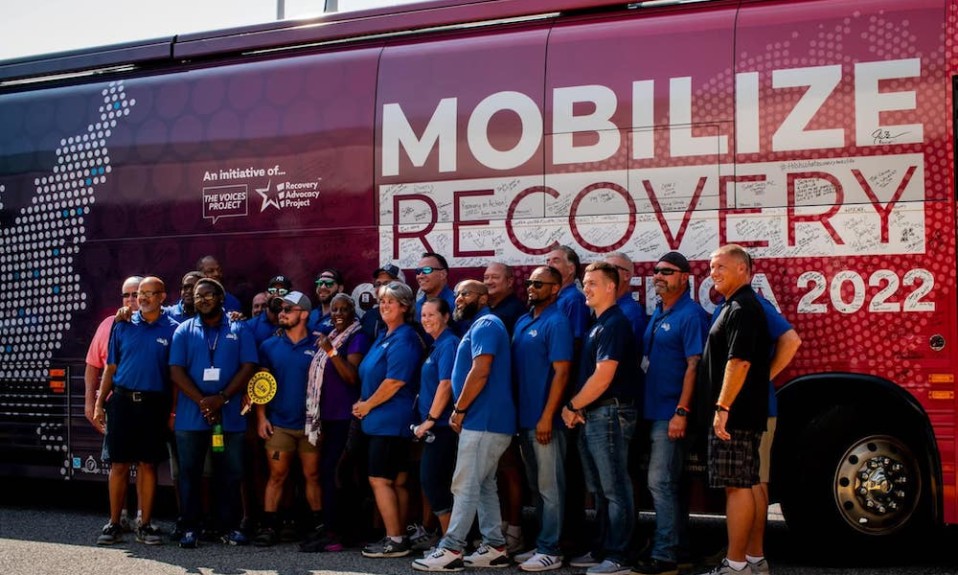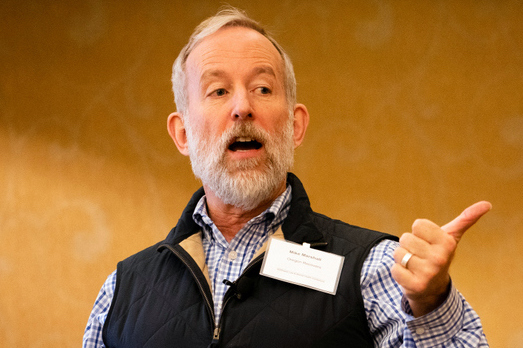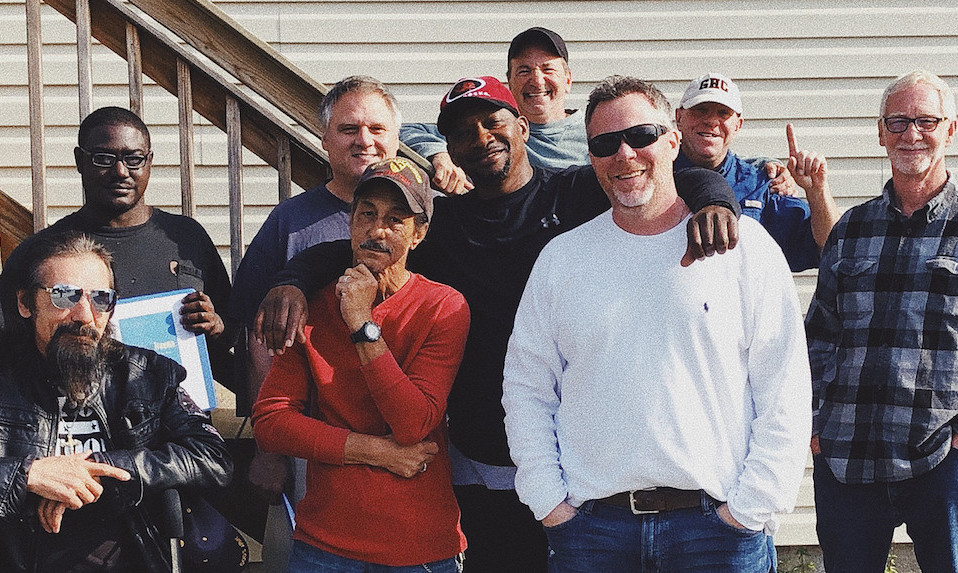Look for the national recovery advocacy organization to roll into a community near you
By Alison Jones Webb
“All change happens locally,” Ryan Hampton declares. He’s the creator of Mobilize Recovery, a national recovery advocacy organization. He’s also the author of two books on the addiction crisis, American Fix and Unsettled, and he’s passionate about local solutions. “If what we were doing was working, we wouldn’t be where we are today,” Hampton says. “Are we really seeing public health solutions that are community-driven and filling the gaps that need to be filled?”
Mobilize Recovery and its partner organization, the Recovery Advocacy Project (RAP), are set up to support individuals and organizations on their advocacy path, with a focus on training and technical assistance for grassroots organizing. “The goals are to be louder and bolder, utilize media and find new ways to get people involved,” Hampton explains. “We’re not looking to build national infrastructure, but rather to get people involved locally, with like-minded partners across the country.”
A Cross-Country Bus Tour
The organization’s big event this year is a cross-country bus tour that started Sept. 5 and concludes Oct. 6. The Mobilize Recovery Across America tour is going to where the real work of recovery advocacy is happening, with 40 stops in places such as Paducah, Ky., Manitowoc, Wis., and Richmond, Va. There will also be a stop in Washington, D.C., on Sept. 16 at the U.S. Department of Health and Human Services (HHS), where HHS secretary Xavier Becerra and other leaders from the agency will speak about the work the Biden administration is doing to combat the mental health and addiction crisis. Additionally, Miriam E. Delphin-Rittmon, PhD., assistant secretary for mental health and substance use, will discuss the national recovery agenda.
“The bus is just a traveling message. It’s what’s happening in each of these communities that’s just fascinating.”
—Ryan Hampton, Mobilize Recovery
The tour also will feature virtual trainings from Sept. 29 to Oct. 1, with advocates including Patrick Kennedy, a former U.S. Representative (D-R.I.); Tom Coderre, acting deputy assistant secretary for mental health and substance use; Kateri Coyhis, executive director of White Bison, Inc.; NBA-player-turned-recovery-spokesperson Chris Herren; John Kelly, PhD, of Harvard University; and many more experts in the field.
All in all, Mobilize Recovery Across America expects to engage in person with some 9,000 people. “The bus is just a traveling message. It’s what’s happening in each of these communities that’s just fascinating,” Hampton says. For each city on the tour, the recovery community has created events, including small roundtables, large National Recovery Month rallies, conversations with governors and employers, youth engagement outreach at high schools, pop-up naloxone and fentanyl test strip trainings and giveaways, and disruptive narrative trainings. Partners Facebook and iHeart Media are putting together targeted ads for the events, and celebrities such as Macklemore, Elton John, and Melissa Ethridge have added their support.
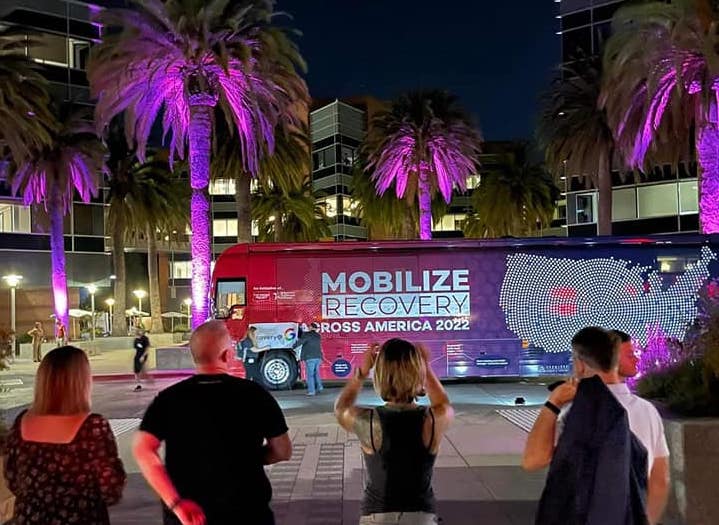
The Genesis of Mobilize Recovery
The idea for Mobilize Recovery grew from a competitive Facebook Community Leadership Program. Hampton responded to a call for proposals in 2018 for solutions to help solve one of the world’s most pressing challenges. Disheartened by working on legislation for standards in recovery housing in California that ultimately failed, Hampton was looking for help with training and tactics about how to organize locally. When the opportunity came across his Facebook page, he wondered, What if we created a home for people like me, who were either experienced or new, with a goal and mission to provide the training and support and a peer learning home where people could connect and create? Mobilize Recovery was one of 19 projects selected in North America and one of 100 around the world that received $50,000, training and technical assistance on systems designs and grassroots organizing.
Initially, the idea was for a “one and done” convening of 150 advocates in Las Vegas in 2019 to reimagine what recovery advocacy could look like, but the energy generated by advocates cried out for ongoing technical assistance and training to communities across the U.S., and Hampton and others created the Recovery Advocacy Project (RAP) to fill this need. Today, RAP provides ongoing training and support to state advocacy groups. Armed with an understanding that change happens from the ground up and not from the top down, RAP empowers people in the recovery community to become advocates for what’s best in their own backyard.
The Mobilize and RAP teams have held hundreds of meetings across the country and supported over 22,000 direct actions, like letters to the editor, letters to policymakers, petitions and phone calls. Every year, Mobilize Recovery continues to grow as an engaged community.
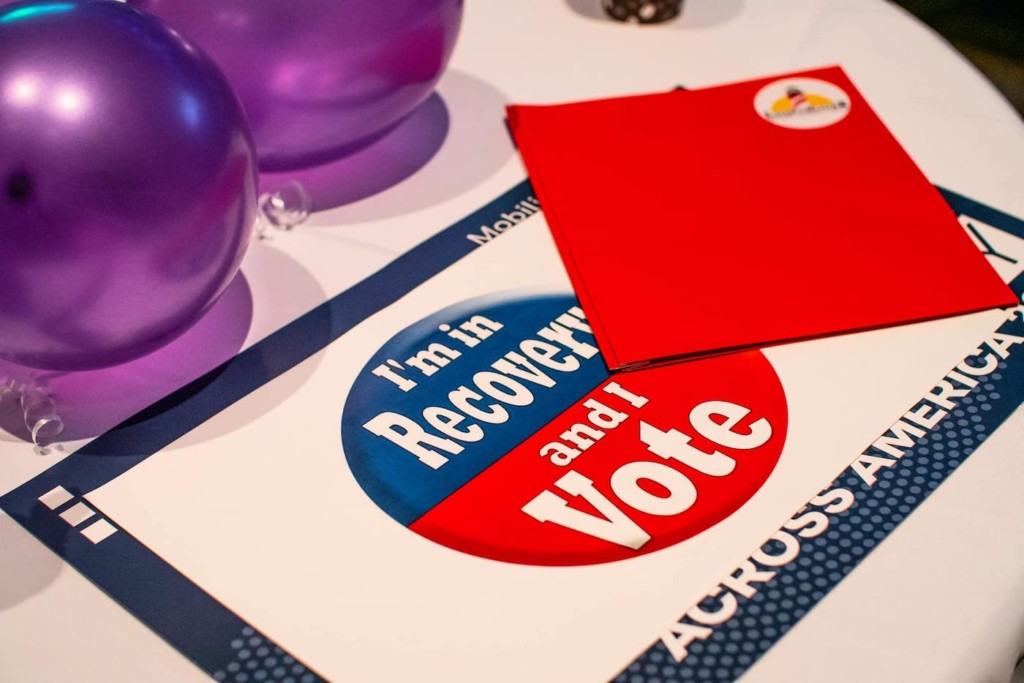
Hampton believes we’re approaching a tipping point in drug policy and the recovery movement, and so Mobilize has become more than a peer-learning community and now is about substantial action. More than convening once a year, it’s about developing a strategy that is employed year-round at local and state levels.
“We have to engage people locally,” Hampton says. “We have to listen to them and take our lead from them. The issues and circumstances are different regionally and within different populations. There are many micro solutions depending on what’s happening in the community. There’s a home for everyone, people who want to share their stories and people who don’t, for people who have innovations and creative ideas. The ultimate goal is to match those folks with their passion and then give them the tools and resources to make change.”


